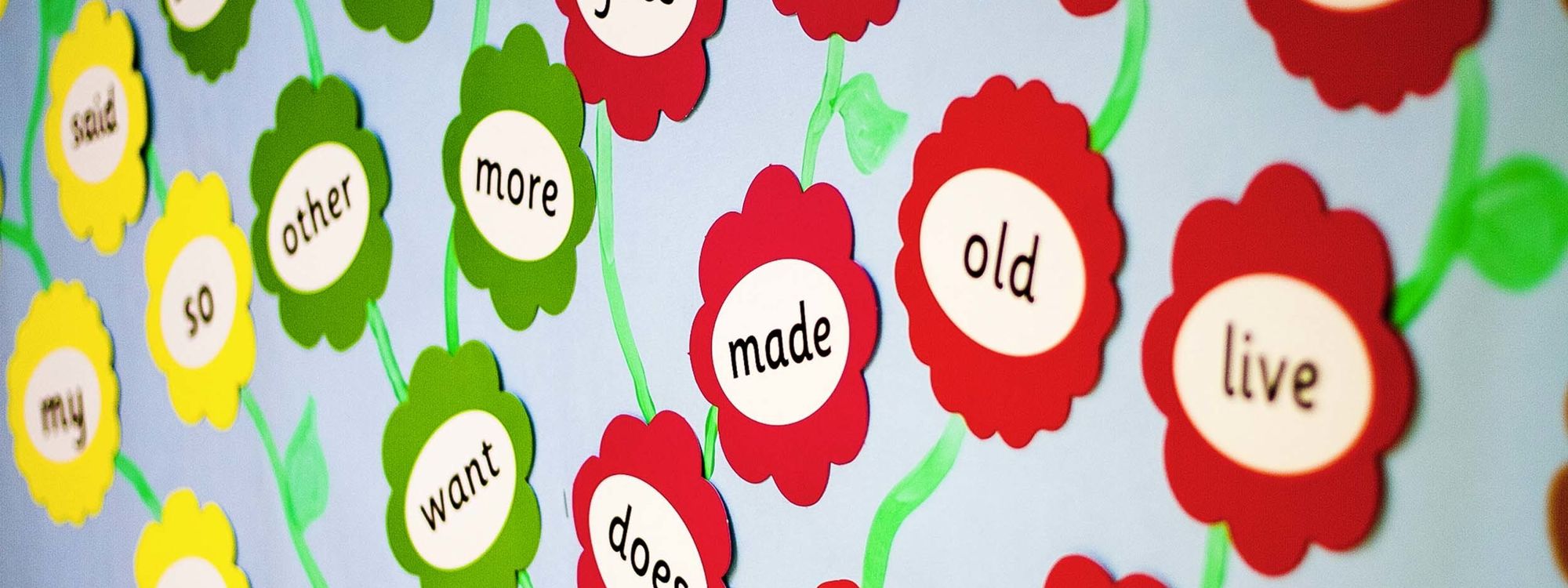Phonics
BackWhat is phonics?
Most parents of young children were taught to read using a different strategy to the one that is used today. This can make it difficult for parents to know how to best support their children as they begin their early reading journey. As parents play such a vital role in developing their children’s early reading skills, we feel that it is our duty as a school to support our parents to do so by providing them with the key information used to teach reading in school so that they can continue to encourage this learning at home.
In UK primary schools today, reading is taught in a variety of ways, but phonics lessons play a fundamental role in developing a variety of early reading skills. At Church Lane, we use a synthetic systematic phonics programme called ‘Rocket Phonics’ to deliver our phonics sessions. These sessions take place on a daily basis in Foundation and Year 1 classes.
During these daily sessions, children are taught to recognise letters and to associate them with the sounds that they make. Pupils spend two consecutive days focusing on one sound in order to ensure that they are secure in their understanding. On the first day, children are taught to recognise a letter, to associate it with a specific sound and to apply these skills in order to read words containing the sound. For example, they will learn to recognise the letter ‘n’, to accurately pronounce the ‘nnn’ sound and to read words phonetically decodable words such as ‘pin’. In the following session, children are supported to apply their knowledge of this sound in order to write phonetically decodable words themselves. Children cover two new sounds per week during their phonics session and continuously recap previously taught sounds. After learning individual letter sounds, they later progress to learning sounds made up of two or three letters (eg. ‘sh’ or ‘igh’). One day a week, children are taught to recognise and accurately spell words that they cannot phonetically decode and must be able to recognise and spell from memory (eg. ‘I’ and ‘the’).
The aspect of reading in which children learn to recognise a letter and to read phonetically decodable words is referred to as ‘decoding’. Whilst this is an essential reading skill, the ability to comprehend what has been read is equally important. We therefore devote time in every phonics session to reading story extracts and discussing their meaning, so that children are consistently supported and encouraged to develop these two essential skills alongside each other.
In order to support to best support your child at home, you should encourage them to develop both of these skills. In order to support them to develop their decoding skills, it is important that they are given the opportunity to hold books independently, reading from left to right and to ‘sound out’ words phonetically in order to read them (eg. C-A-T. CAT). In order to support their comprehension skills, it is important that they are given the opportunity to demonstrate their understanding of a story whilst reading it. For example, by pausing every so often to discuss what is happening in the story so far or how the characters might be feeling. Looking at the illustrations and using these to
make predictions about the text and support their understanding is also fundamental in developing comprehension.
At the end of year 1, children take part in a government assessment known as the phonics screening check. This check assesses their ability to apply their phonic knowledge to decode a variety of real words and pseudo words. Children who pass the phonics screening check no longer participate in discrete phonics lessons, but continue to build on their phonic knowledge throughout each year group during reading, writing and SPAG sessions. Children who do not pass the phonics screening check continue to participate in discrete phonics sessions in the form of interventions to address any gaps in their phonic knowledge. After the phonics screening check takes place, you will receive a letter informing you of your child’s score. Children who do not initially pass the screening check resit the test in year 2.
If you would like to find out more about our chosen phonics programme, please watch the video below. If you would like to find out more about how to support your child with their phonics and early reading, phonics information sessions are held each year in the autumn term. All parents of Reception and Year 1 children will be notified when these are due to take place.
https://www.youtube.com/watch?v=nyGQY_GHtoQ&t=49s
Please find a list of common exception words below. These are the words that children are unable to decode phonetically and are taught to recognise and spell by sight and memory. They have been divided into colours so that you can see how they correspond with the reading books that we sent home. For example, a child reading pink books should be secure in their ability to recognise and spell all of the pink words before moving onto the following book band. (Please note that we also take into account your child's ability to decode and to comprehend a text when choosing an appropriate book band.)
| Subject Documents |
|---|
| Phonics Overview |
| Common Exception Words |





